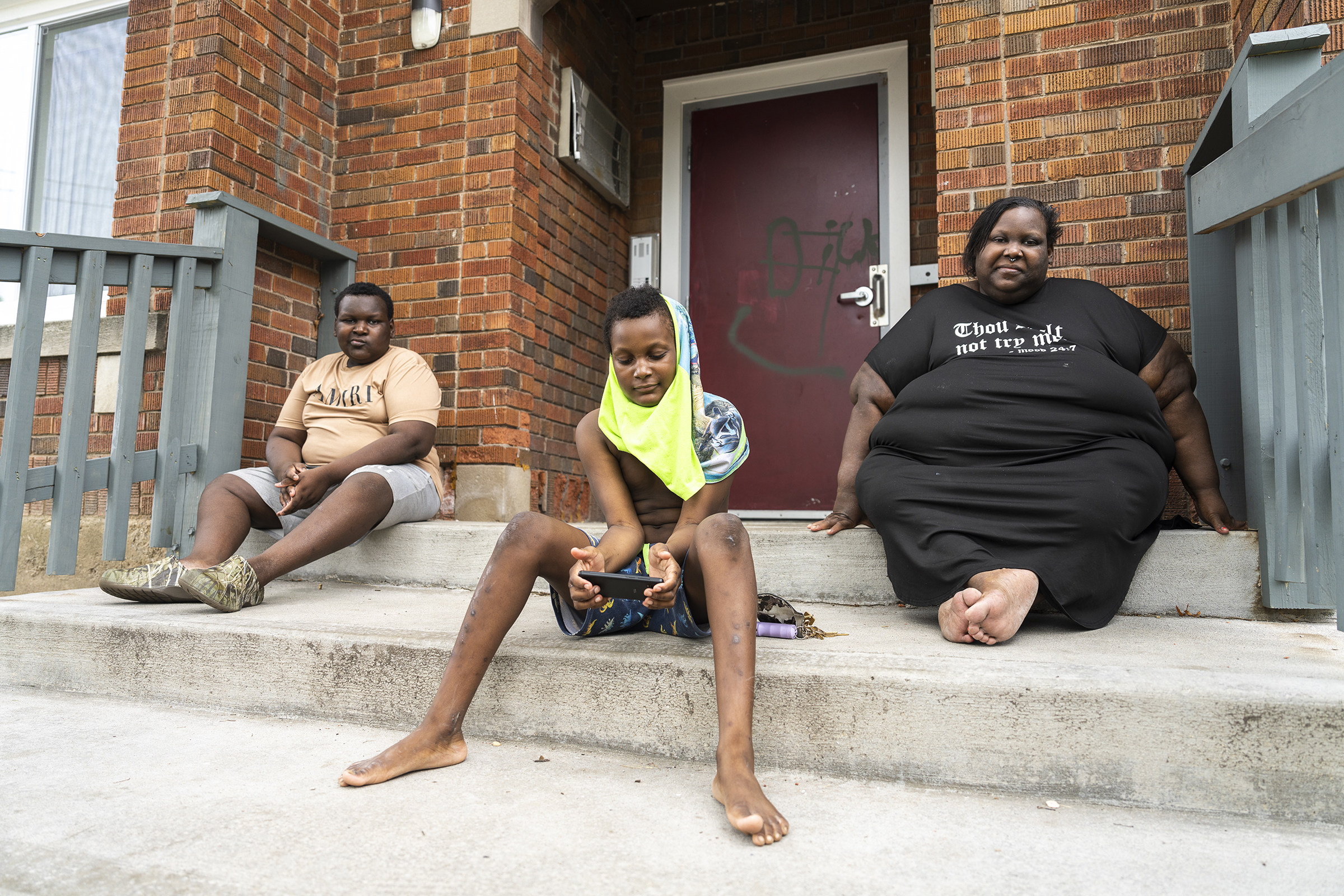Wisconsin’s Supreme Court has rejected arguments from a big box store that claimed a southern Wisconsin city had overvalued its property by millions of dollars.
The unanimous decision strikes a blow to other businesses that try to shrink their property tax bills using the so-called “dark stores” theory.
After attempting to appeal its property tax assessments, Lowe’s sued the city of Delavan, arguing the city had valued a home improvement store in 2016 and 2017 at nearly twice what it should have been.
News with a little more humanity
WPR’s “Wisconsin Today” newsletter keeps you connected to the state you love without feeling overwhelmed. No paywall. No agenda. No corporate filter.
But the Walworth County Circuit Court and later a Court of Appeals sided with the city, and the case made it to arguments before Wisconsin’s Supreme Court this year.
The city’s assessor valued the Lowe’s location, which has been operating in Delavan since 2005, at $8.9 million. But Lowe’s contented it was worth only $4.6 million. The company’s calculation was based in large part on the value of other Wisconsin big box stores that had long been vacant.
Jerry Deschane, who leads the League of Wisconsin Municipalities, says businesses have long exploited that theory, known as the dark stores loophole, to drive down their property tax bills.
“This notion that a prosperous, thriving location is somehow the same as a location that doesn’t support a store and that store has gone dark, it just defies common sense, and it defies Wisconsin law,” Deschane said. “The Supreme Court made that clear — there’s no ifs ands or buts about it — dark stores as an argument is dead.”
The League of Wisconsin Municipalities filed an amicus brief in support of the city. Deschane hopes last week’s ruling will discourage businesses from filing what he called “near frivolous” lawsuits over their property tax bills.
“A lot of property owners attorneys have been using this dark store argument and essentially trying to push the local government into negotiating a settlement,” he said. “The local government just doesn’t want to spend the time and money defending a lawsuit, so they will settle for something less than what the property ought to be paying in its share of property taxes.”
When appeals or lawsuits using the dark stores theory are successful, the result is a tax increase for other property owners, Deschane noted.
“Every time a big box retailer gets their property tax bill cut in half, those property taxes don’t go away,” he said. “They get added on to everybody else’s tax bill. So small businesses were paying more, residential property (owners) were paying more, everybody except the big box retailer was paying more.”
An attorney for Lowe’s didn’t respond Monday to a request for comment. Delavan officials declined to comment on the ruling because of other tax lawsuits against the city, the city’s Administrator Brian Wilson said.
Wisconsin Public Radio, © Copyright 2025, Board of Regents of the University of Wisconsin System and Wisconsin Educational Communications Board.






